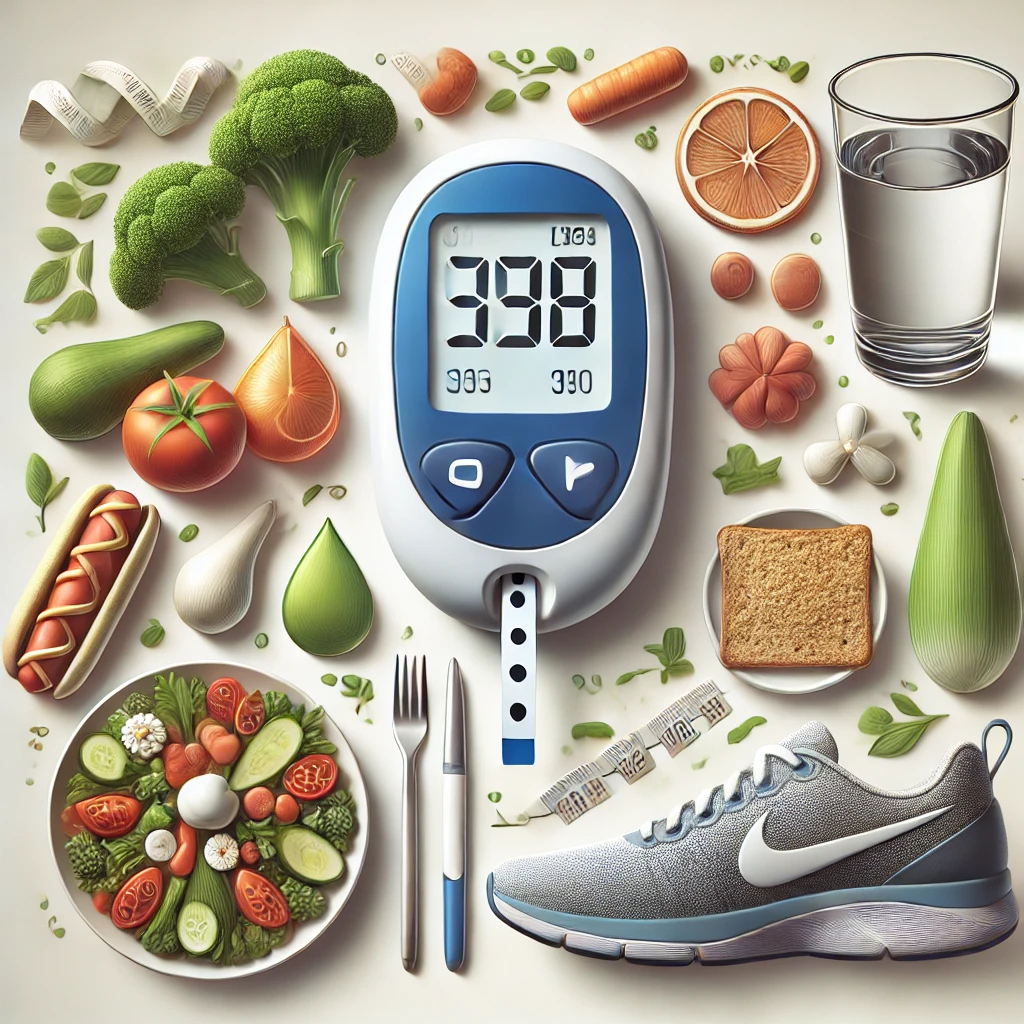Introduction: Diabetes is a chronic condition that affects millions of people worldwide. It occurs when the body cannot properly regulate blood sugar (glucose) levels, leading to a range of health issues. Understanding the causes, symptoms, and effective management of diabetes is crucial for those at risk or living with the condition.
What is Diabetes? Diabetes is a disease that impairs the body’s ability to produce or respond to insulin, the hormone responsible for regulating blood sugar. There are two main types: Type 1 diabetes, where the body fails to produce insulin, and Type 2 diabetes, where the body becomes resistant to insulin or doesn’t produce enough of it. Gestational diabetes can also occur during pregnancy.
Common Symptoms of Diabetes: Early symptoms of diabetes can be subtle. They often include increased thirst, frequent urination, unexplained weight loss, and extreme fatigue. Some people might also experience blurry vision or slow-healing sores. Recognizing these symptoms early is important for timely diagnosis and management.
Managing Diabetes: While diabetes is a lifelong condition, it can be effectively managed with the right approach. Regular physical activity, a balanced diet low in sugar and refined carbs, and maintaining a healthy weight are key. Monitoring blood glucose levels and taking prescribed medications are also essential parts of diabetes management. For those with Type 2 diabetes, lifestyle changes can sometimes reverse the condition.
Conclusion: Understanding diabetes and its symptoms is the first step in managing the condition. With proper care and lifestyle changes, individuals with diabetes can lead a healthy and fulfilling life.
